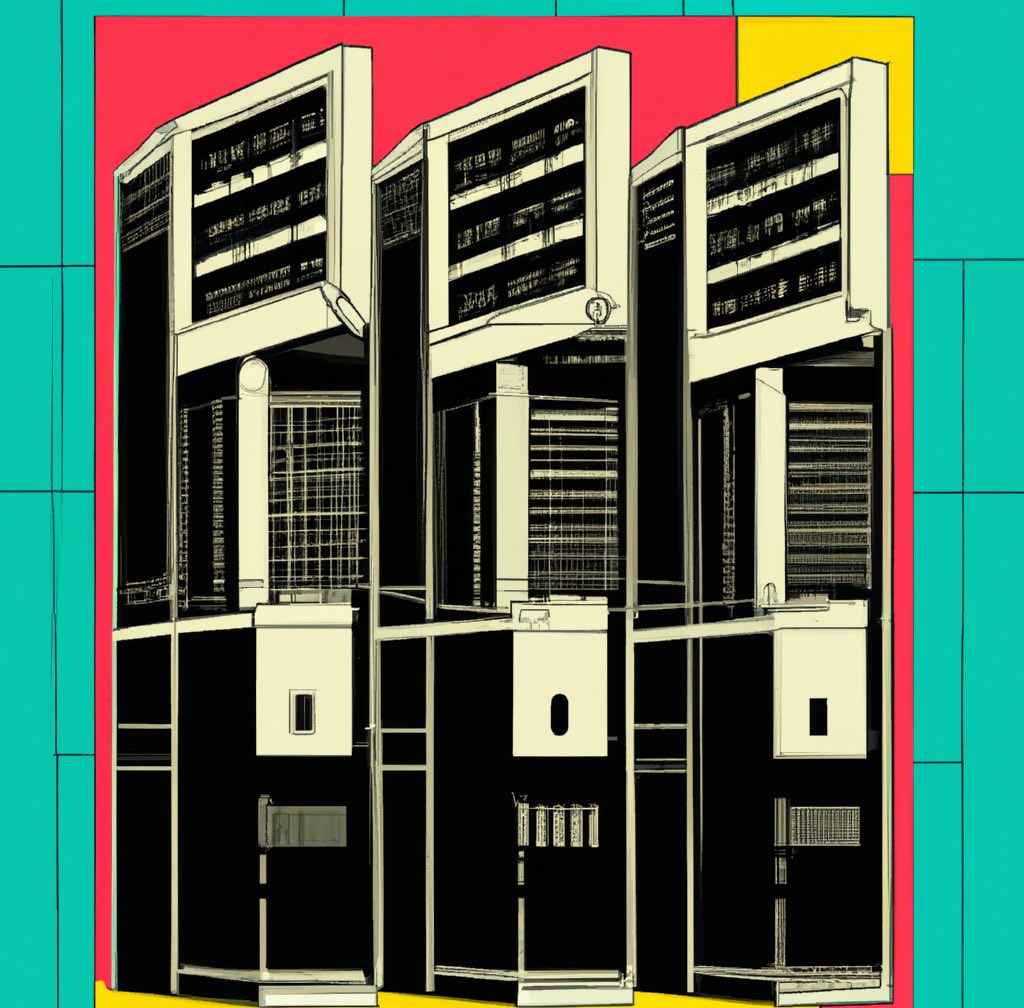Docker is a containerization platform that allows developers to package and deploy their applications in a consistent and portable manner.
A container is a lightweight, standalone, and executable package of software that includes everything needed to run the application: code, runtime, system tools, libraries, and settings. Containers allow developers to package and distribute their applications in a way that ensures they will run consistently across different environments.
Docker provides a command-line interface and a set of APIs that developers can use to create, manage and run containers. It also provides a centralized hub, Docker Hub, where developers can store, share and distribute their containers.
Docker has several features that make it useful for developers, including:
- Portability: Docker containers can run on any platform that supports Docker, which allows developers to easily move their applications between different environments.
- Isolation: Docker containers are isolated from one another and from the host system, which allows developers to run multiple applications on a single host without them interfering with each other.
- Versioning: Docker containers can be versioned, which allows developers to roll back to a previous version of an application if needed.
- Small size: Docker containers are lightweight, which makes it faster to download and start them.
- Ease of use: Docker provides a simple and straightforward command-line interface, making it easy for developers to create, manage and run containers.
Docker is widely used by organizations of all sizes, across various industries, and it’s supported by all major cloud providers, like AWS, Azure and GCP.
In summary, Docker is a powerful tool that makes it easy for developers to package, distribute, and run their applications in a consistent and portable manner, making it an essential part of modern software development and deployment.
